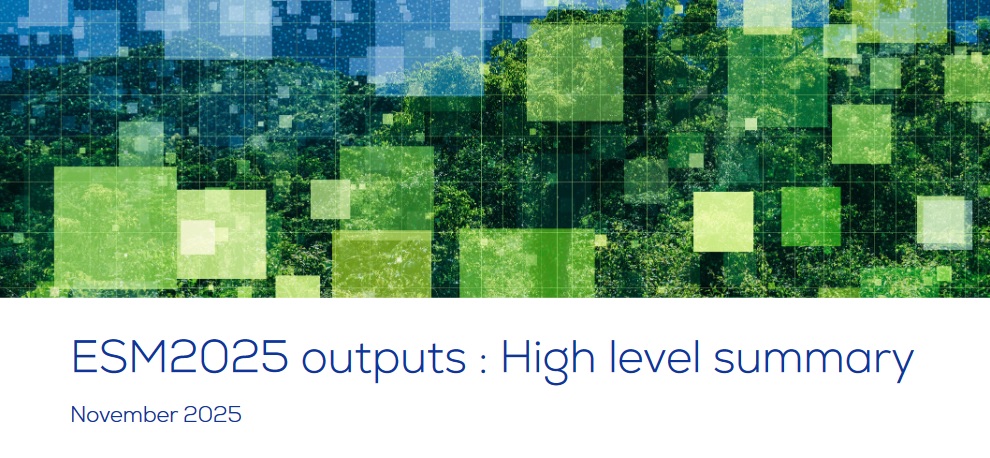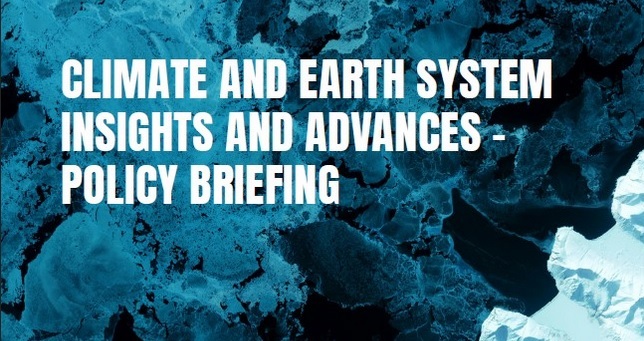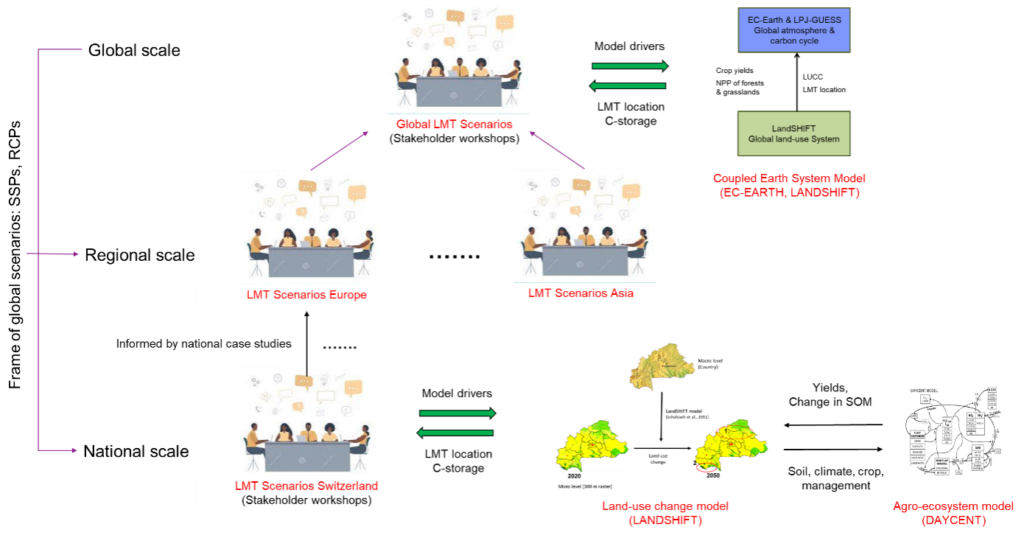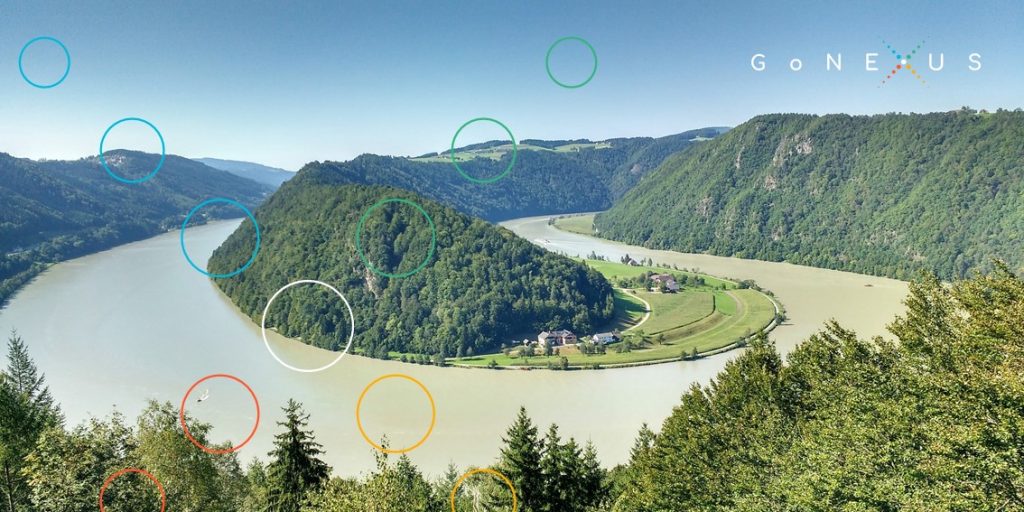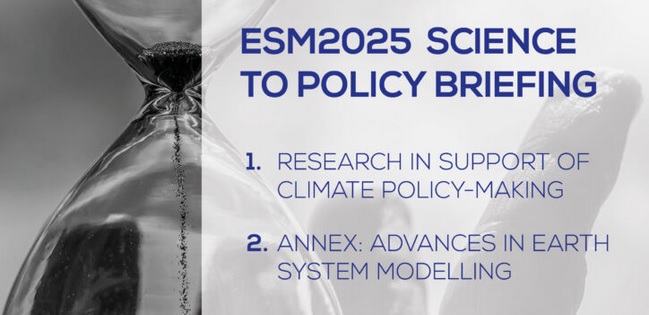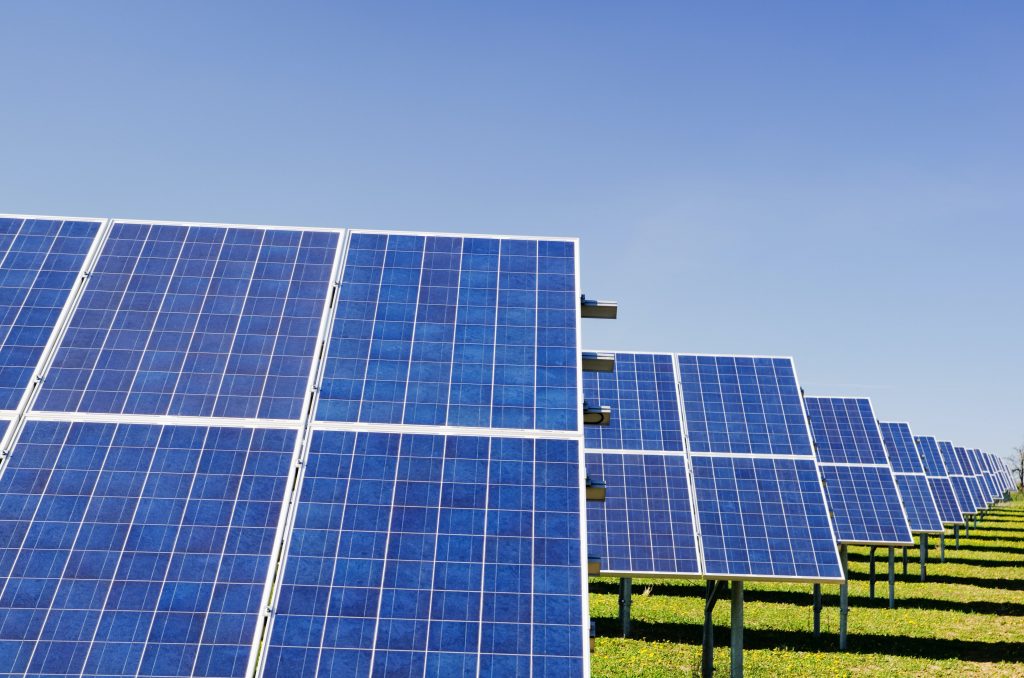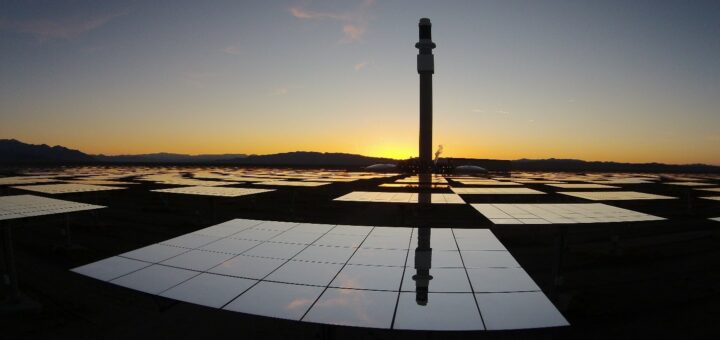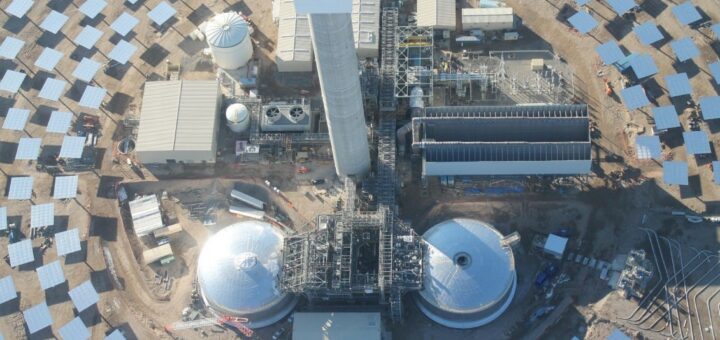A high-level summary of ESM2025 key research outputs and their policy relevance.
Partnership for the goals
A detailed summary of ESM2025 key research outputs and why they matter.
Drawing on work from six Horizon Europe projects (ESM2025, ClimTip, TipESM, OptimESM, nextGEMS and RESCUE) and a third policy forum held in September 2025, this Earth System Insights briefing summarises the latest evidence on how human emissions are changing the climate and what this means for mitigation and risk management.
This briefing explores the questions raised during the second ESM2025 policy forum.
At LANDMARC, we are developing methods and instruments that non-researchers can use to reliably estimate how different land-use practices contribute to climate change mitigation. In our view, this can only be done by bringing in local knowledge at every stage of the research process. Here’s why.
In a time of increasing demand for the earth’s limited resources, the GoNEXUS project develops solutions for more efficient and sustainable resource management. It does so through a holistic approach to how the resources interplay rather than by examining each one of them individually.
This briefing explores the questions raised during the first ESM2025 policy forum and details the contribution of ESM2025 to various policy-relevant topics.
Renewable energy cooperation can play an important role in the energy transition in the European Union through international trade, safeguarding security of energy supply, coordinated climate adaptation measures, and optimizing the cost-effectiveness of actions. Concentrating Solar Power (CSP) could play a useful role, e.g. contributing to achieve climate goals in certain countries, or supporting the energy system with dispatchable electricity, they also believe that this role could be filled by realizing other options.
The business case for CSP (Concentrated Solar Power) is difficult to establish for importer countries as well as exporter countries and its impacts. Although the impacts of the energy transition have recently emerged in the geopolitics, CSP, is almost absent from both the academic and the policy-oriented geopolitical literature. This post further discusses the context of policies for CSP deployment by renewable energy cooperation in the EU.
Different Concentrated Solar Power (CSP) projects has pros and cons for cooperation, so the policy goals in the importing and exporting countries, which partially depend on the context conditions in these countries, should be considered. This post discusses and derives policy implications from CSP projects and how this effects cooperation.
- 1
- 2

